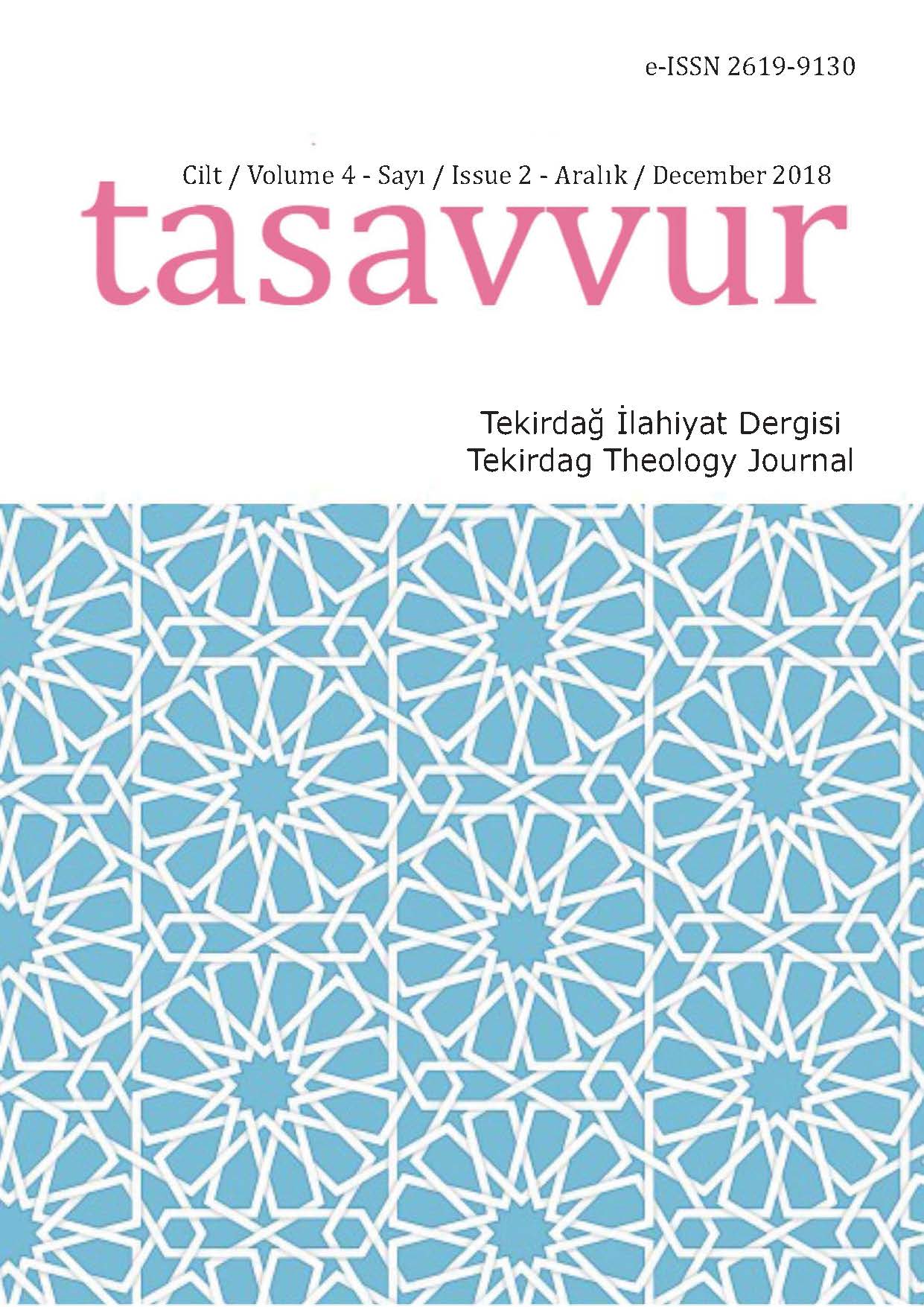Klasik Mantık Açısından Çok Değerli ve Bulanık Mantık Sistemleri
Many-Valued And Fuzzy Logic Systems From The Viewpoint Of Classical Logic
Author(s): Ekrem Sefa GülSubject(s): Philosophy, Logic
Published by: Tekirdağ Namık Kemal Üniversitesi İlahiyat Fakültesi
Keywords: Classical Logic; Many-Valued Logic; Fuzzy Logic; Non-contradiction; Excluded Middle; Conditional Proposition;
Summary/Abstract: The thesis that the two-valued system of classical logic is insufficient to explanation the various intermediate situations in the entity, has led to the development of many-valued and fuzzy logic systems. These systems suggest that this limitation is incorrect. They oppose the law of excluded middle (tertium non datur) which is one of the basic principles of classical logic, and even principle of non-contradiction and argue that is not an obstacle for things both to exist and to not exist at the same time. However, contrary to these claims, there is no inadequacy in the two-valued system of classical logic in explanation the intermediate situations in existence. The law of exclusion and the intermediate situations in the external world are separate things. The law of excluded middle has been inevitably accepted by other logic systems which are considered to reject this principle. The many-valued and the fuzzy logic systems do not transcend the classical logic. Misconceptions from incomplete information and incomplete research are effective in these criticisms. In addition, it is also effective to move the discussion about the intellectual conception (tasawwur) into the field of judgmental assent (tasdiq) and confusion of the mawhum (imaginable) with the ma‘kûl (intellegible).
Journal: Tasavvur Tekirdağ İlahiyat Dergisi
- Issue Year: 4/2018
- Issue No: 2
- Page Range: 624 - 657
- Page Count: 34
- Language: Turkish

